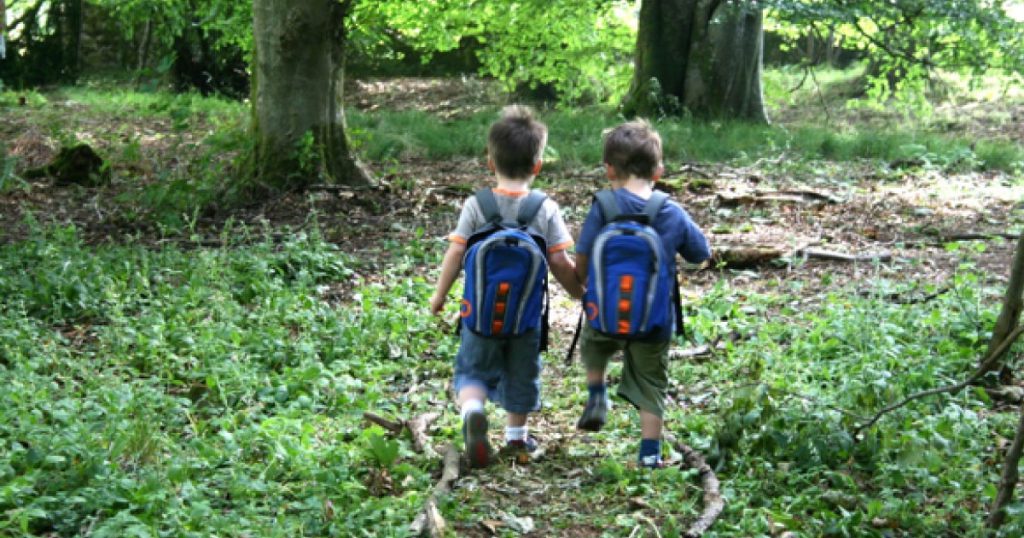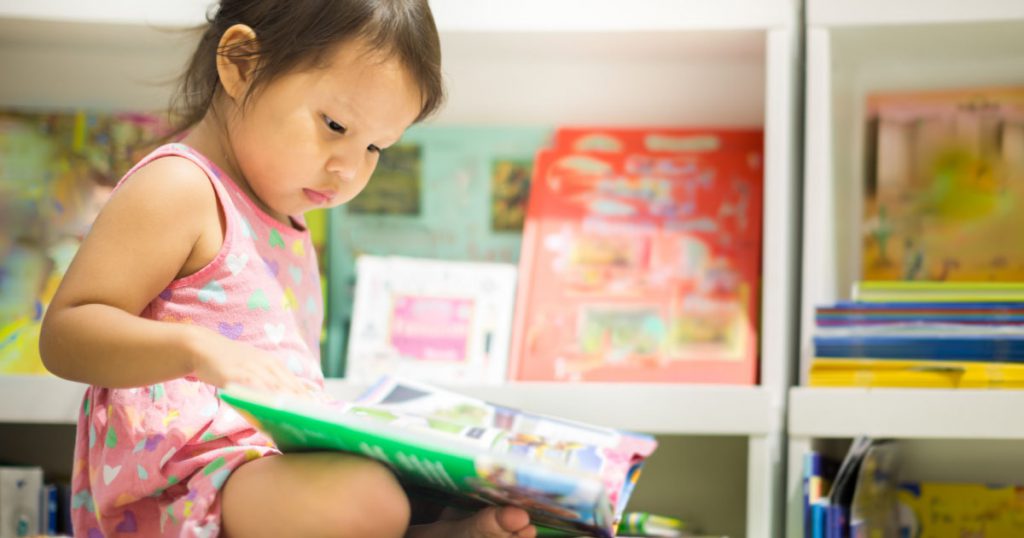Consider the term early childhood education and care. In my experience, including the word care has produced some strong opinions within our sector. I have heard many times that if we are to strive for professional recognition as a collective group of early childhood practitioners, we need to lose the word care.
‘Early childhood education’, the argument goes, is the more professional term with which we should be defining ourselves. This viewpoint aligns strongly with the dominant discourses where education is firmly placed within the masculine sphere of vocations, seen as requiring scientific knowledge and a higher level of skill. Care is seen as a feminine role—unimportant in public life and perceived to rely only on innate dispositions that require no attained knowledge or skill (Weiss, 2018). By this logic, if we want to be seen as professional, we should be highlighting and prioritising the aspects of our work that fit within the more powerful societal lens and diminish the visibility of our emotion-based labour. So, why would we want to be seen as carers? Well, ask our young children who are in the most critical stages of brain development and dependent upon responsive, attuned experiences!
The act of receiving and providing care is such a crucial aspect of the human experience. It is recognised as essential for learning and development and for setting the foundation of strong, healthy relationships throughout our lives. Yet, it is not seen as worthy of professional regard. This experience is not unique to early childhood. Those in nursing, disability support and aged-care also share our struggle. Acknowledgement and understanding of the importance of higher-level specialised training for care-centric disciplines is scarce.
A pedagogy of care is often championed within early childhood spaces globally, though it is in opposition to our efforts seeking professional status from wider society. Our avoidance of any recognition of care within our collective identities is so ingrained, and it is working against us. The merit of care within a professionalisation agenda is necessary if we are to promote an understanding of the ethical dimensions inherent in our work and shared professional identity (Osgood, 2016; Taggart, 2014).
Ethical comprehension or an ‘ethics of care’, alongside opportunities for critical reflection, should be foundational in all early years qualifications, from infant and toddler settings through to the kindergarten/preschool years. If the focus remains solely on developing our technical skills, we will be viewed only as ‘workers “doing things right” rather than workers drawing on professional discretion to “do the right things”’ (Cook et al., 2016, p. 56).
The challenge we have in front of us is to have the complexity of our care-oriented work recognised and valued by wider society, and, more importantly, by each other. We should no longer accept the position of care as the lesser—the less important work, requiring less knowledge and skill, or being carried out by the ‘lesser trained educators’. Our ability to provide high-quality care and help children flourish in our early childhood settings does not come from our innate ‘motherly’ dispositions but from our ethics of care that entails a high level of specialised skill and pedagogical knowledge.
The intertwining of education and care is the strength of early childhood educators—our pedagogy. Davis and Degotardi (2015, p. 1744) have called for ‘care to re-emerge as an integral part of professional practice and professional identity’, and I agree. We have an opportunity here to redefine the act of caregiving and proudly celebrate the role of carer as a part of our shared professional identity, for the best interests of our youngest citizens.
References
- Cook, K., Corr, L., & Breitkreuz, R. (2016). The framing of Australian childcare policy problems and their solutions. Critical Social Policy, 37(1), 42–63. https://doi.org/10.1177/0261018316653952
- Davis, B., & Degotardi, S. (2015). Who cares? Infant educators’ responses to professional discourses of care. Early Child Development and Care, 185(11–12), 1733–1747. https://doi.org/10.1080/03004430.2015.1028385
- Osgood, J. (2016). Deconstructing professionalism in early childhood education: Resisting the regulatory gaze. Contemporary Issues in Early Childhood, 7(1), 5–14. https://doi.org/10.2304/ciec.2006.7.1.5
- Taggart, G. (2014). Compassionate pedagogy: The ethics of care in early childhood professionalism. European Early Childhood Education Research Journal, 24(2), 173–185. https://doi.org/10.1080/1350293x.2014.970847
- Weiss, P. (2018). Reflections on childhood in the history of feminist thought. Signs: Journal of Women in Culture and Society, 43(4), 979–1004. https://doi.org/10.1086/696629
ECA Recommends

Tanya Burr and Professor Sheila Degotardi will be presenting on ‘From birth to three: Exploring educators’ understandings of agency‘ at the fully virtual ECA National Conference in September, talking further on this topic. You can get tickets here, from $175 with access to over 100 presentations.



